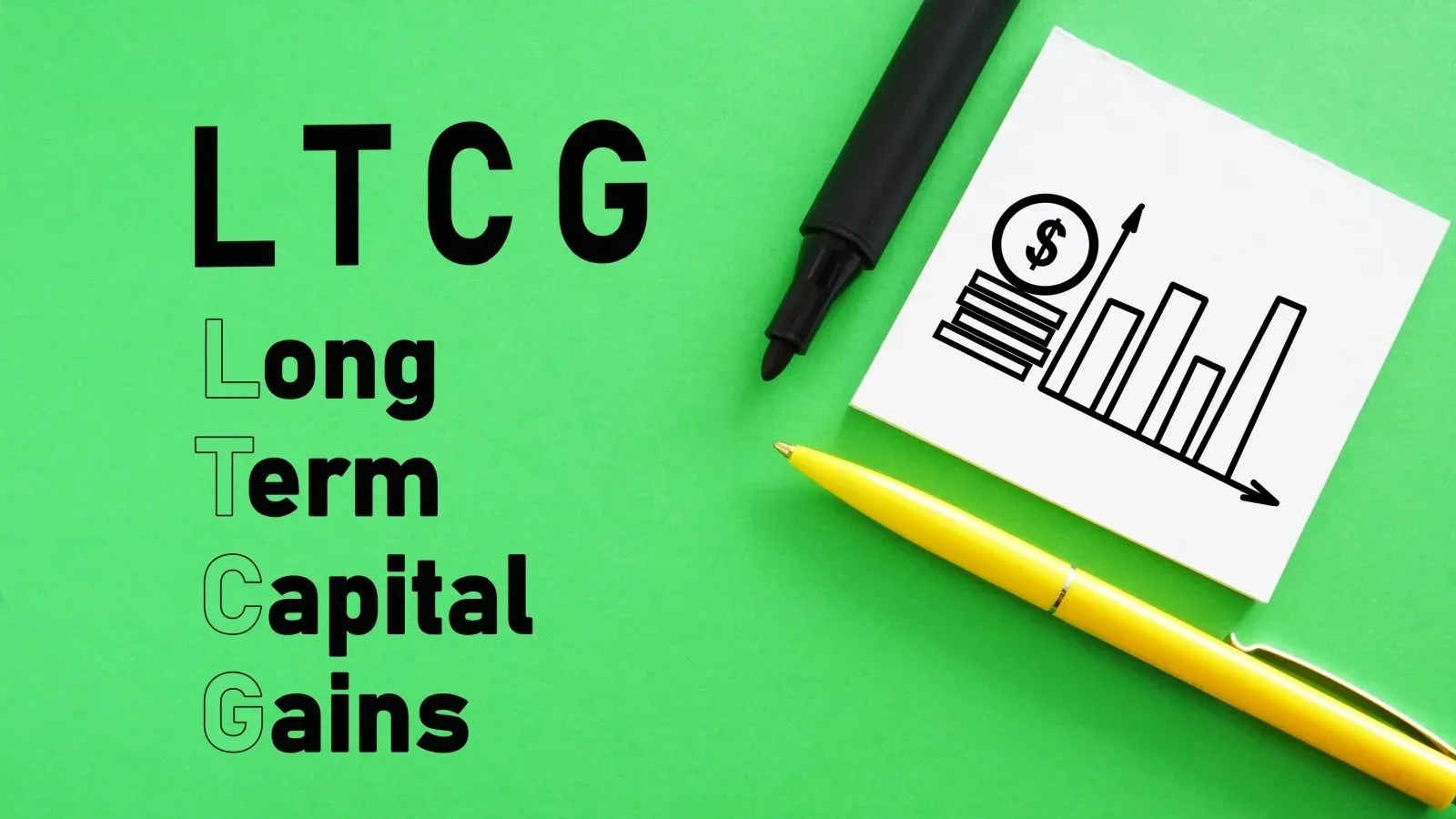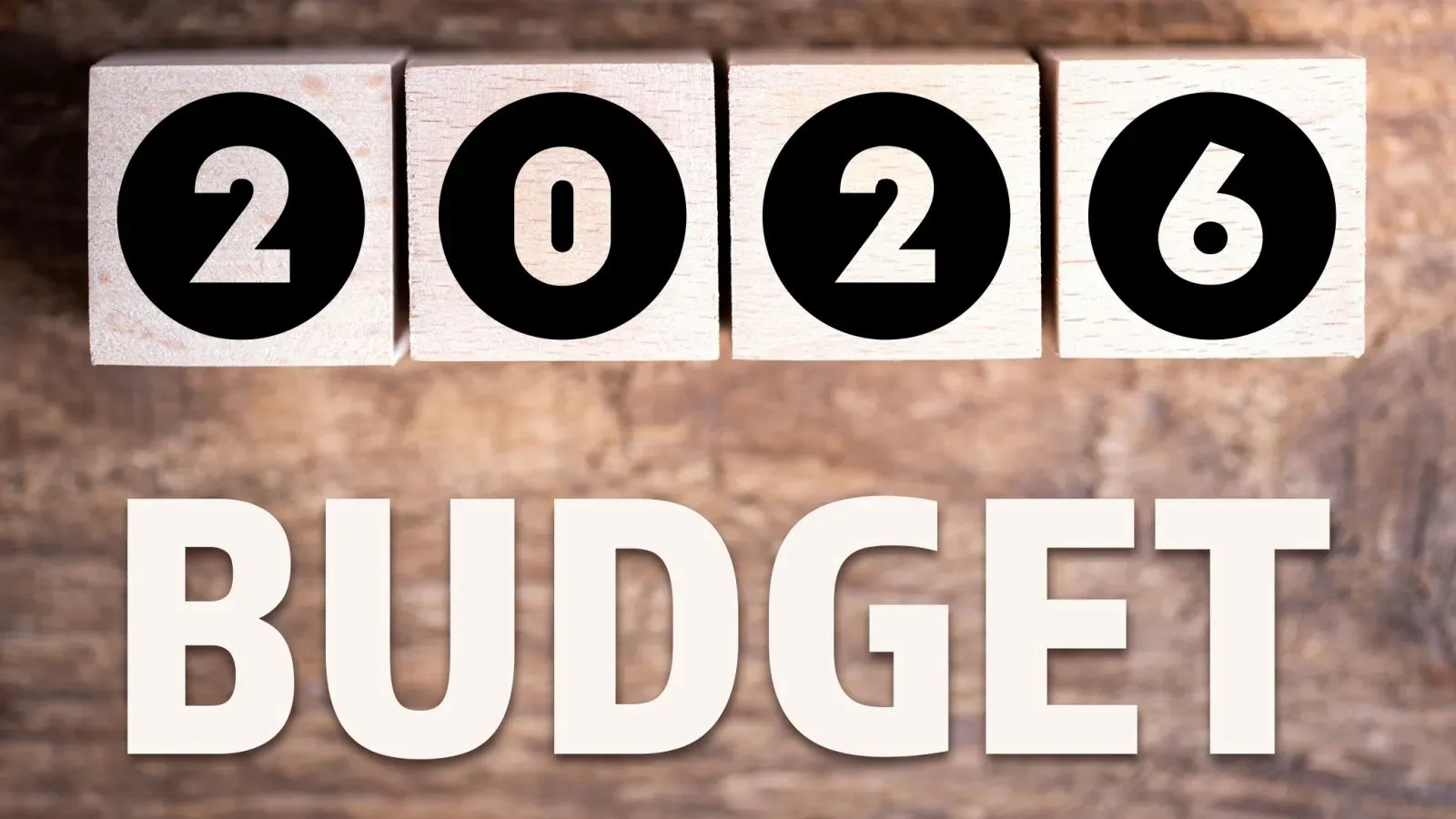Personal Finance News
Has Income Tax Bill 2025 proposed 18.5% LTCG tax for LLPs? Explained
.png)
5 min read | Updated on July 28, 2025, 17:55 IST
SUMMARY
A few social media posts have been claiming that the LTCG rate for retail investors may increase to 18.5% under the Income Tax Bill 2025. However, this is not true. Retail investors need not worry as there is no proposal to increase the LTCG tax rate for them. The proposal in the Income Tax Bill 2025 is about AMT, which may affect non-corporate entities like LLPs. However, the bill is still in the draft stage, and the said proposal is not final.

Proposals of the Income Tax Bill 2025 are not yet final. | Representational image source: Shutterstock
No, the Income Tax Bill 2025 has not proposed an 18.5% tax on Long-Term Capital Gains (LTCG) of LLPs.
It seems a proposal under Clause 206 of the Income Tax Bill 2025 has been misinterpreted by some social media users. The proposal is likely to affect Limited Liability Partnerships (LLPs) with only long-term capital gains.
A few social media posts have even claimed that the LTCG tax rate may increase for retail investors. However, this is not true. Retail investors need not worry as there is no proposal to increase the LTCG tax rate from 12.5% for them.
According to the Income Tax Department, Clause 206 does not introduce any new provisions and merely simplifies what is already stated in the Income Tax Act, 1961
This article explains the proposal, what the Finance Ministry and Income Tax Department say about it, and the suggestion of the Select Committee of the Parliament, which recently submitted its report on the Income Tax Bill 2025.
Before reading further, please note that the proposals of the Income Tax Bill 2025 are not final. The Bill may undergo further changes and become a law only after it is passed by the Parliament.
What's the issue?
The Income Tax Bill 2025 has proposed to expand the applicability of the Alternative Minimum Tax (AMT) to non-corporate entities like LLPs and partnership firms.
AMT applies to the adjusted total income of non-corporate entities like LLPs.
Under the Income Tax Act, 1961, AMT applies only if certain deductions are claimed. However, the new bill has proposed to remove the rule under which AMT applies only to those LLPs claiming any deductions.
Who will be affected?
Non-corporate entities like LLPs that primarily earn through LTCG may end up paying tax under AMT at a higher rate of 18.5% if the Income Tax Bill's proposal is implemented.
The proposal to expand the applicability of AMT is likely to impact Indian promoters and family offices using the LLP route to primarily own shares of companies, other securities, and invest in private equity and venture capital funds.
For such investment entities, the rate of tax on profits from the sale of shares or other investments may increase from 12.5% to 18.5%.
However, the proposed change will not impact individual taxpayers. For them, the rate of tax on LTCG from equity investments is 12.5%. The LTCG tax for retail investors applies to gains from equity assets like shares and units of equity mutual funds held for 12 months or more.
What the Finance Ministry says
During the deliberations of the Select Committee, various stakeholders raised the demand to restrict the AMT rate on LTCG to 12.5%. However, the Finance Ministry said it was beyond the scope of the Income Tax Bill.
"It is suggested that the AMT provisions on Long term capital gains must be restricted to a rate of 12.5% or completely eliminate AMT provisions. AMT is calculated on total income. Head wise income is not considered for its purposes. The suggestion made by the stakeholder is in the nature of policy change which is beyond the scope of the objectives of the IT Bill, 2025," the Finance Ministry was quoted as saying in the select Committee's report.
What the Select Committee said
The Select Committee agreed with the broad "intent and direction" of Clause 206 of the Income-tax Bill, 2025, particularly about the consolidation and simplification of provisions concerning Minimum Alternate Tax (MAT) and AMT.
The Committee, however, sought safeguards against "unintended consequences" of the proposal for retail investors, including individuals and HUFs.
The Committee recommended the redrafting of Clause 206 of the Bill to include the following:
A new sub-clause may be inserted to clarify that AMT shall not apply to individuals, HUFs, AOPs, BOIs, or AJPs if:
(a) They have not claimed deductions under Section 10AA, Section 35AD, or Chapter VI-A (Part C), and
(b) Their adjusted total income does not exceed ₹20 lakhs.
The Select Committee also said that a provision similar to Section 115JEE(3) of the ITA, allowing the carry-forward and set-off of AMT credit even in years where AMT is not applicable, may also be included.
What the Income Tax Department says
The Income Tax Department has clarified that the provisions of AMT in the Income Tax Bill, 2025, will be identical to the provisions already applicable under the Income Tax Act, 1961. Any ambiguity in this regard will also be duly addressed.
"As explained in our FAQs, the Income Tax Bill, 2025 primarily aims at language simplification, removal of redundant/obsolete provisions, consolidating the existing provisions without any structural or policy changes and without disturbing the long-settled taxation principles. AMT was applicable under the IT Act, 1961 to such taxpayers who claimed specified deductions. The provisions of AMT in the Income Tax Bill, 2025 would be identical. Any ambiguity in this respect shall be duly addressed," the Income Tax Department said in response to a user's post on X today.
Related News
By signing up you agree to Upstox’s Terms & Conditions
About The Author
Next Story




